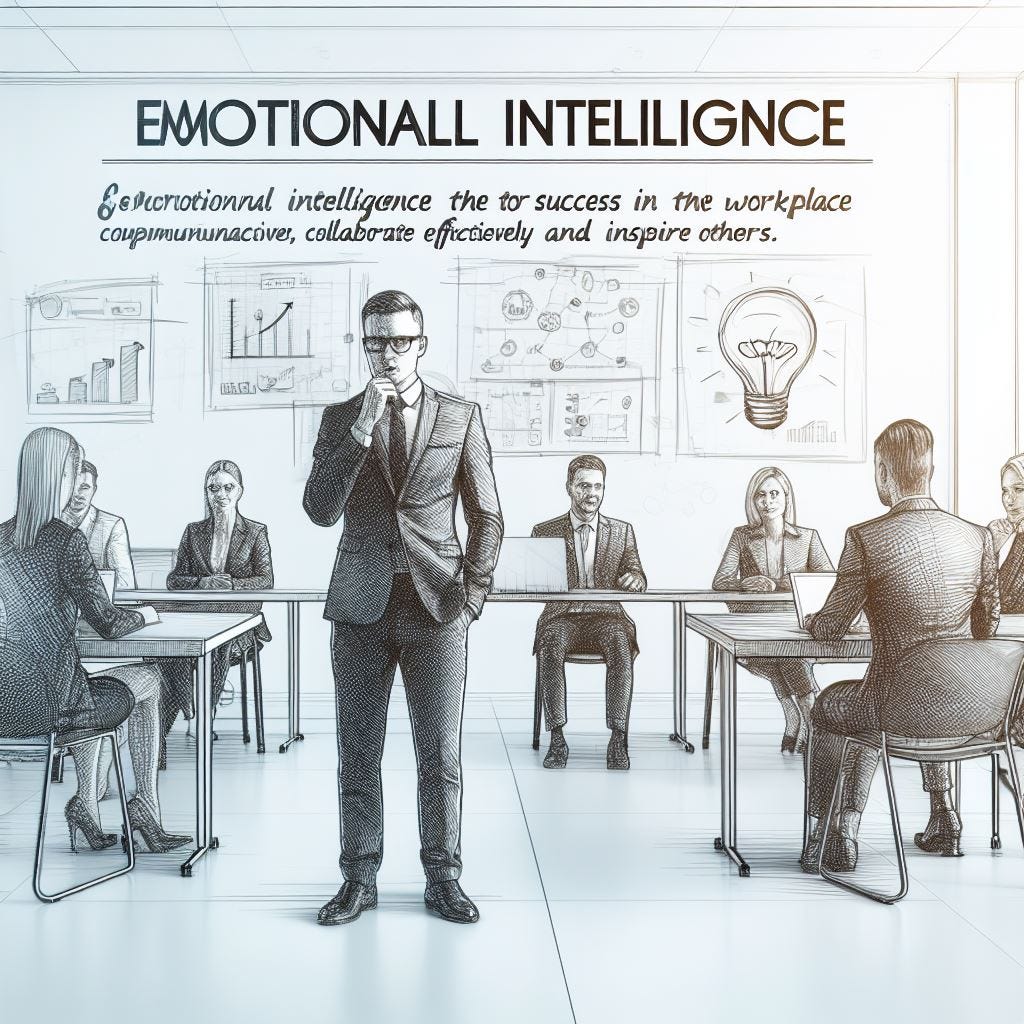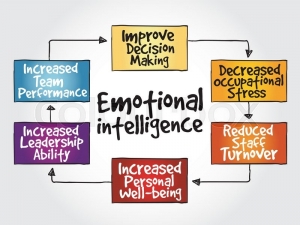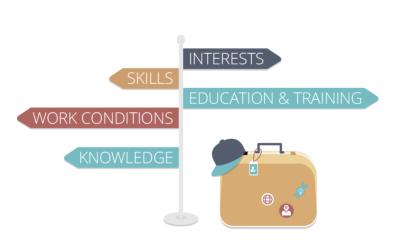Emotional Intelligence in the Workplace: Boosting Team Performance and Leadership
Emotional Intelligence (EI) is not just a personal attribute; it’s a crucial skill that can significantly impact the dynamics and success of a workplace. In today’s fast-paced and interconnected world, the ability to understand and manage emotions, both in oneself and in others, is becoming increasingly important for effective leadership and team collaboration. In this blog post, we’ll explore how EI can transform leadership styles, improve team dynamics, and contribute to a more collaborative work environment.
Transforming Leadership Styles
Traditional models of leadership often prioritize technical skills and authority over emotional intelligence. However, research has shown that leaders with high EI are more adept at inspiring, motivating, and guiding their teams towards success. Here’s how EI can transform leadership styles:
Empathy and Understanding: EI enables leaders to empathize with their team members, understand their perspectives, and anticipate their needs. This fosters a culture of trust and respect, leading to increased employee engagement and loyalty.
Adaptability and Flexibility: Leaders with high EI are better equipped to adapt to changing circumstances and navigate complex interpersonal dynamics. They can adjust their leadership approach according to the needs and preferences of individual team members, leading to more effective communication and collaboration.
Conflict Resolution: Conflict is inevitable in any workplace, but leaders with strong EI can navigate conflicts more effectively by remaining calm, empathetic, and solution-oriented. Instead of escalating tensions, they seek common ground and facilitate constructive dialogue, ultimately strengthening team cohesion and morale.
Improving Team Dynamics
Teamwork is essential for achieving organizational goals, and emotional intelligence plays a key role in fostering positive and productive team dynamics. Here’s how EI can improve teamwork:
Communication and Collaboration:Teams with members who possess high EI communicate more effectively, listen actively, and express themselves clearly and respectfully. This leads to fewer misunderstandings, increased alignment towards common goals, and smoother collaboration.
Trust and Psychological Safety:When team members feel understood, respected, and supported, they are more likely to trust one another and feel psychologically safe expressing their ideas, concerns, and opinions. This creates an environment where innovation flourishes, as individuals feel empowered to take risks and think outside the box.
Shared Purpose and Motivation: Leaders with high EI inspire their teams by articulating a compelling vision, aligning individual goals with organizational objectives, and providing meaningful feedback and recognition. This creates a sense of purpose and motivation among team members, driving performance and results.
Fostering a Collaborative Work Environment
A collaborative work environment is characterized by open communication, mutual respect, and a shared commitment to achieving common goals. Emotional intelligence is the foundation upon which such an environment is built. Here’s how EI contributes to a more collaborative workplace:
Empathy and Inclusion:Employees with high EI are more empathetic towards their colleagues, appreciating their diverse perspectives, backgrounds, and experiences. This fosters a culture of inclusion where everyone feels valued and respected, leading to greater collaboration and innovation.
Effective Feedback and Conflict Resolution: In a collaborative workplace, feedback is given and received constructively, with a focus on growth and improvement rather than criticism. Similarly, conflicts are addressed openly and respectfully, with a shared commitment to finding mutually beneficial solutions.
Celebrating Successes Together:A collaborative work environment celebrates successes and milestones collectively, recognizing the contributions of every team member. This cultivates a sense of camaraderie and shared ownership, motivating individuals to continue working towards shared objectives.
In conclusion, emotional intelligence is not just a desirable trait; it’s a fundamental skill that can transform leadership styles, improve team dynamics, and contribute to a more collaborative work environment. By fostering empathy, communication, trust, and collaboration, organizations can harness the power of EI to drive performance, innovation, and success in today’s competitive business landscape. As leaders and team members alike continue to prioritize and develop their emotional intelligence, they pave the way for a more inclusive, resilient, and harmonious workplace culture.




